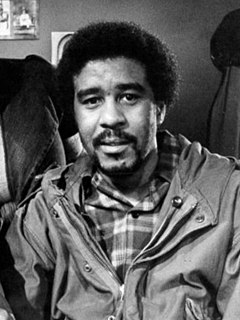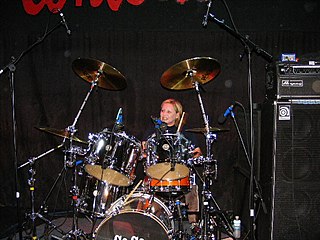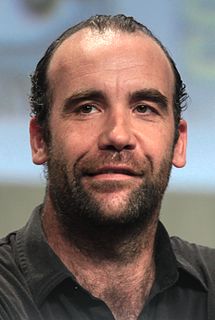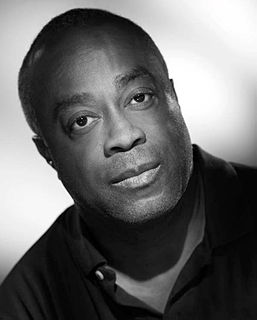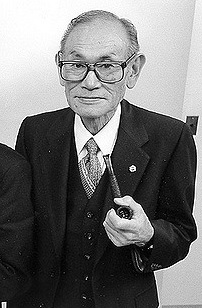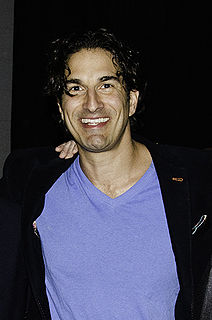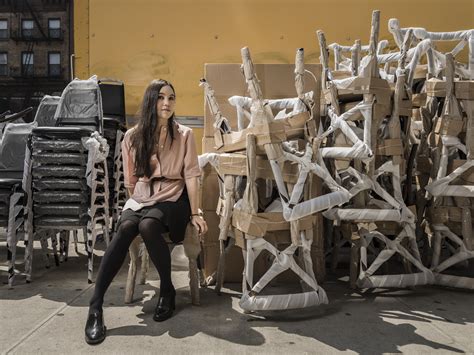A Quote by Richard Pryor
It's so much easier for me to talk about my life in front of two thousand people than it is one-to-one. I'm a real defensive person, because if you were sensitive in my neighborhood you were something to eat.
Related Quotes
I realised I'd been spoiled at Liverpool. We were used to winning. In Italy I grew up as a person. I didn't enjoy the football, mind. It was very defensive, but I became a better player because of the work I had to do around the box. Off the pitch, I learned about what to eat and what to drink to be successful, and I learned about life.
There were times at the start of it all when I would be standing, terrified, in front of the cameras and people I considered 'real' actors. I had no idea what was happening, what the guy with the clipboard did, or if people in the studio were looking at me because it was their job to look at me or because they thought I was making a mess of things.
Coming from the South and growing up in L.A. where it was so segregated - worse than the South in many ways - all the people in my neighborhood were from the South. So you had that Southern cultured environment. The church was very important. And there were these folk ways that were there. I was always fascinated by these Southern stories, people would share these mystified experiences of the South. I wanted to talk about folklore.
Before the war, my parents were very proud people. They'd always talk about Japan and also about the samurai and things like that. Right after Pearl Harbor, they were just real quiet. They kept to themselves; they were afraid to talk about what could happen. I assume they knew that nothing good would come out of it.
I think, a lot of times, the mistake in music - even rappers that are trying to be big time - if you're broke, rap about being broke. If you're sensitive, rap about being sensitive, 'cause there are other sensitive people. If you're sensitive, but you talk about being a tough person that doesn't care about anything, people will call your bluff.
The difference between me and other athletes is that I'm speaking on things that I go through that I know other people go through. I think a lot of times the mistake in music if you're broke, rap about being broke, if you're sensitive, rap about being sensitive, 'cause there are other sensitive people. If you're sensitive but you talk about being a tough person that doesn't care about anything, people will call your bluff.
We talk about characters in literature as though they were built on the model of the real person, but then I often think that the way we present ourselves as real people is based heavily on the way literary psychologies are stylized, and I wonder how the two forms of realistic personhood feed on or fulfill each other.
The earthquake in Haiti was a class-based catastrophe. It didn't much harm the wealthy elite up in the hills, they were shaken but not destroyed. On the other hand the people who were living in the miserable urban slums, huge numbers of them, they were devastated. Maybe a couple hundred thousand were killed. How come they were living there? They were living there because of-it goes back to the French colonial system-but in the past century, they were living there because of US policies, consistent policies.
